New UN report reveals impact of COVID on human trafficking
The study further assesses how frontline organizations responded to the challenges posed and continued to deliver essential services, despite restrictions across and within national borders.
Get 15% off your Human Trafficking Essentials – Online Mastery Certificate Course when you subscribe to our newsletter. Dismiss
The United Nations (UN) is an international organization founded on October 24, 1945, following the conclusion of World War II. It was established to promote international cooperation and maintain peace and security among nations. The UN is headquartered in New York City, United States, and has a membership of nearly 200 member states. Here are key points about the United Nations:
The United Nations is a vital international organization that plays a central role in addressing global challenges and promoting international cooperation. It serves as a forum for diplomacy, humanitarian efforts, and the pursuit of peace, security, and development worldwide.
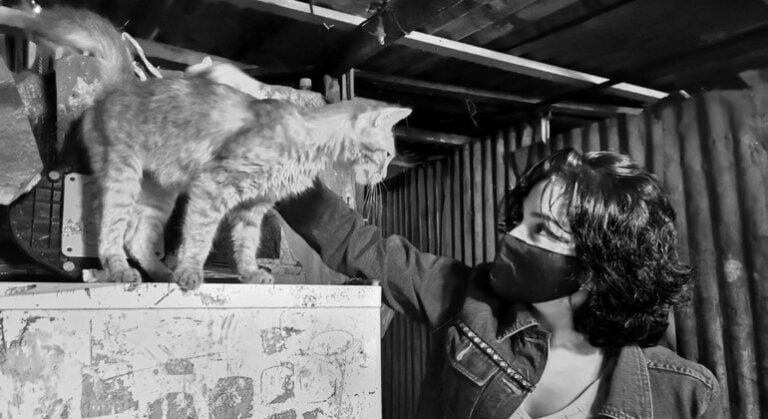
The study further assesses how frontline organizations responded to the challenges posed and continued to deliver essential services, despite restrictions across and within national borders.

Vienna (Austria) 8 July 2021 A new study released today by the United Nations Office on Drugs and Crime (UNODC) illustrates the devastating impact of COVID-19 on victims and survivors of human trafficking and highlights the increased targeting and exploitation of children.
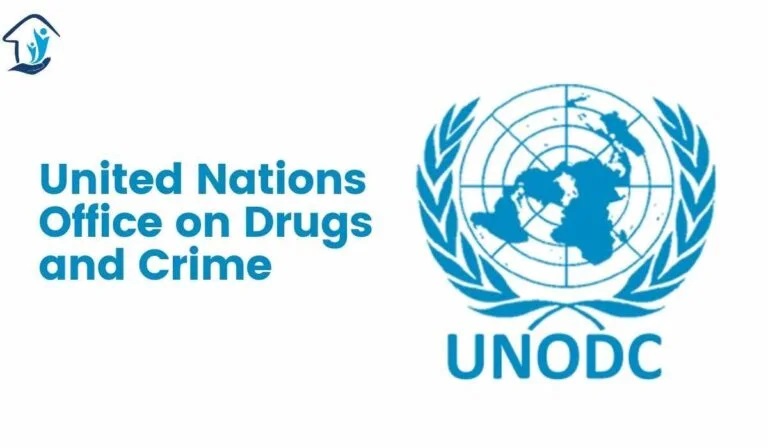
Vienna (Austria) 28 June 2021 Migrants who use smuggling networks to flee their home countries are often subjected to extreme violence, torture, rape and kidnapping while in transit or captivity. Despite the severity of these offences, little action is taken by national authorities and, in some cases, officials are complicit in these crimes. These are…
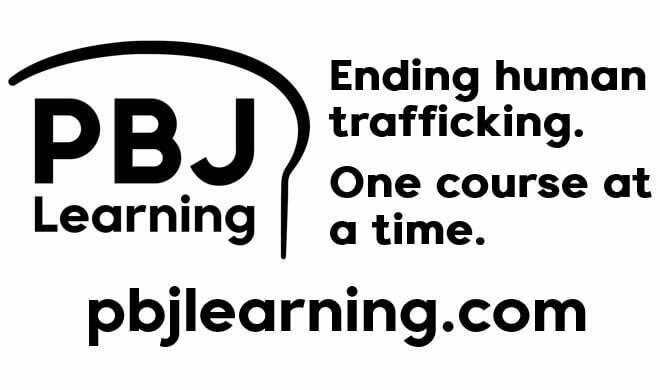
Vienna (Austria) 11 June 2021 Refugees who are fleeing conflict and crisis are being targeted by human traffickers who take advantage of their vulnerable circumstances and search for a better life. Traffickers thrive in situations of instability and refugees, among them unaccompanied children, are at risk when they cross borders, travel inside a host country…
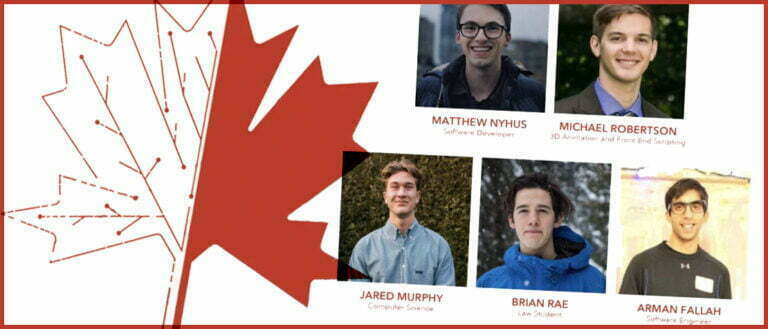
Vienna (Austria) 7 June 2021 A web application that can support police investigations into human trafficking rings has taken the top prize at the recent “DataJam Against Exploitation” competition. The team behind the winning entry, ‘Buyer Resist’, consists of five young professionals from British Columbia, Canada who were among 75 participants of 16 different nationalities…

Migrants and people without jobs were among the groups most targeted by human traffickers, UNODC added, warning that the economic fallout and job losses due to the coronavirus pandemic have exposed millions more to the risk.
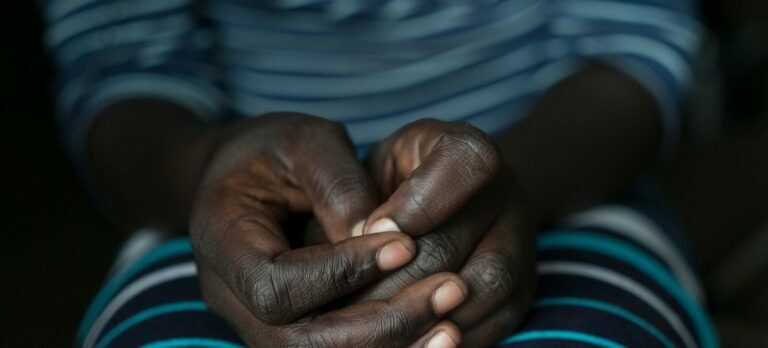
The COVID-19 pandemic has created conditions making it easier for vulnerable people to become victims of sexual exploitation and trafficking.
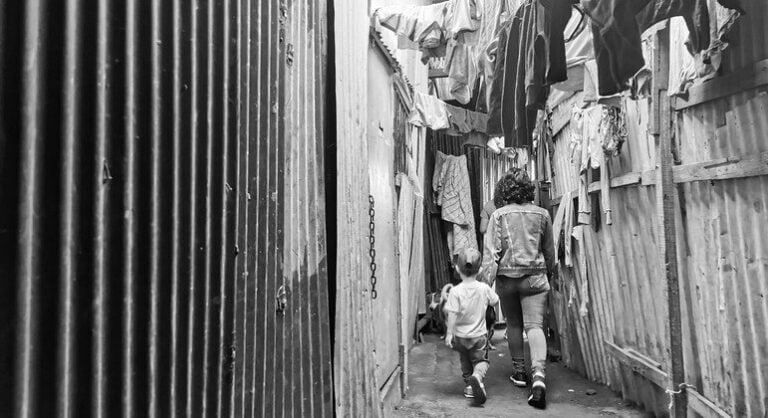
Maxwell Matewere, a Malawian crime prevention expert with the UN Office on Drugs and Crime (UNODC), has been active in the anti-human trafficking field for more than two decades. Today, he trains officials throughout Malawi to prevent and combat this crime: this year alone, despite COVID-19 restrictions, his work has led to the rescue of around three hundred human trafficking victims and 31 arrests.
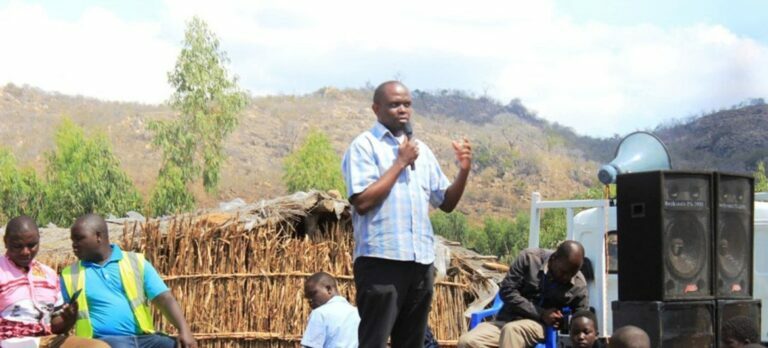
I was a young, recent law graduate when I first experienced the horrors of human trafficking. It was in 1998. I was working for a human rights NGO and attending a workshop in South Africa. A taxi driver told me about two girls from my home country who worked in a bar in Johannesburg. He was very concerned about them.
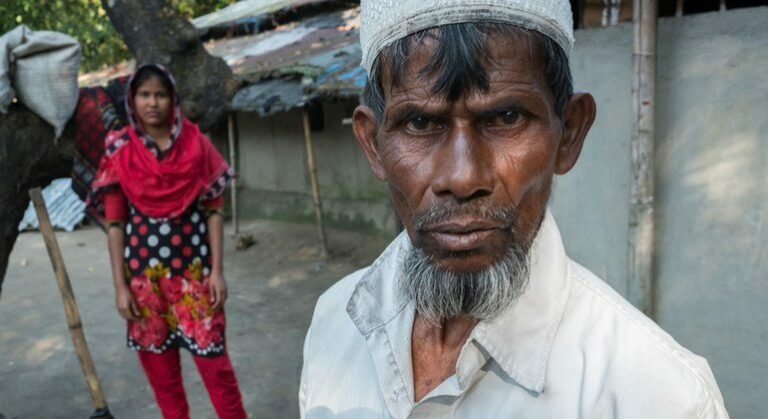
The agency has published a report which documents the interlinkages between trafficking in persons and marriage, and provides steps for governments and other authorities to strike back.
| Cookie | Duration | Description |
|---|---|---|
| cookielawinfo-checkbox-analytics | 11 months | This cookie is set by GDPR Cookie Consent plugin. The cookie is used to store the user consent for the cookies in the category "Analytics". |
| cookielawinfo-checkbox-functional | 11 months | The cookie is set by GDPR cookie consent to record the user consent for the cookies in the category "Functional". |
| cookielawinfo-checkbox-necessary | 11 months | This cookie is set by GDPR Cookie Consent plugin. The cookies is used to store the user consent for the cookies in the category "Necessary". |
| cookielawinfo-checkbox-others | 11 months | This cookie is set by GDPR Cookie Consent plugin. The cookie is used to store the user consent for the cookies in the category "Other. |
| cookielawinfo-checkbox-performance | 11 months | This cookie is set by GDPR Cookie Consent plugin. The cookie is used to store the user consent for the cookies in the category "Performance". |
| viewed_cookie_policy | 11 months | The cookie is set by the GDPR Cookie Consent plugin and is used to store whether or not user has consented to the use of cookies. It does not store any personal data. |
Find the largest collection of curated articles and resources from around the globe.
We are interested in publishing your materials. Contact us.